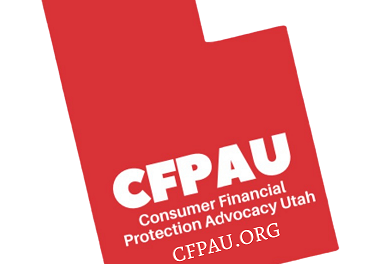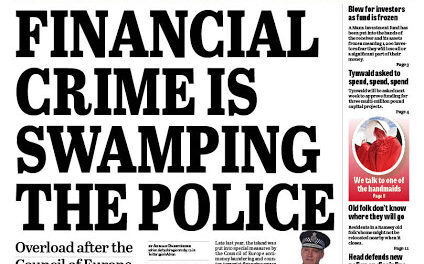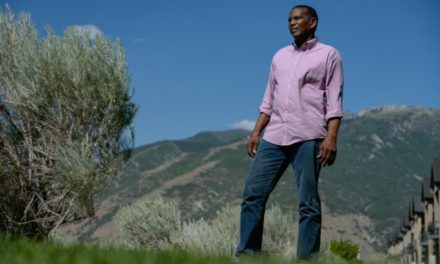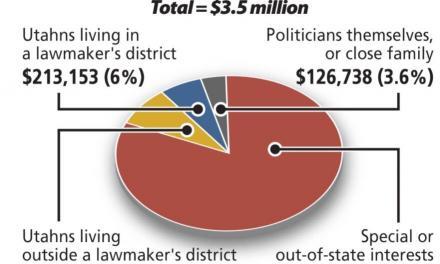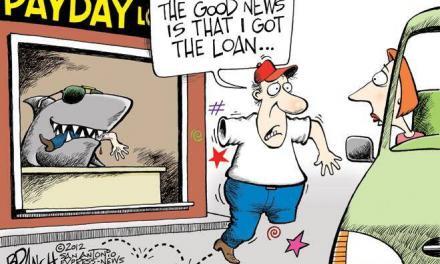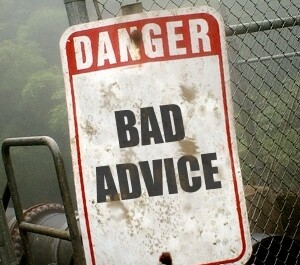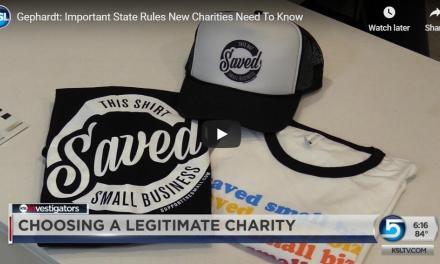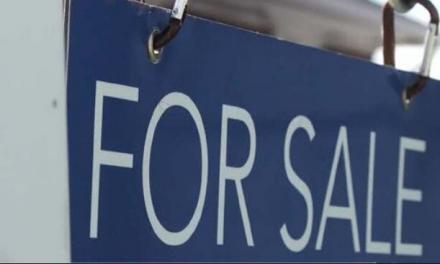
CFPAU.org Advocating For Financial Crimes Victims

Such crimes have become so common in Utah that it has become difficult to obtain justice for the average consumer!
Unless it is a major fraud involving a large number of victims, law enforcement often chooses to merely write up a report and then ignore the crime!
Two examples I have personally experienced come to mind:
- I had a safe in my home. It contained many valuables and some credit cards. I was burglarized while in California on a trip. The safe was removed somehow and exploded open. I had an account with Merrill Lynch. Merrill’s credit card division alerted a checker & me that the burglar was using a stolen card to charge for his four truck tires. The checker called security and police arrested the guy. (Merrill Lynch knew I didn’t have a truck, and since I was paying for a hotel in California and buying books there, they knew a crime was likely.) The police said it was up to the prosecutor if the criminal would be punished and held. I called the prosecutor and explained how he was caught red-handed with my card from the safe he had burglarized my home. Even though there was no question of guilt, and lots os evidence. They let him go free. Said they had too many cases and this was a small one.
- The next crime occurred about a year later, both happened in South Salt Lake. I awoke and found my car had been stolen out of my driveway! A friend had said she saw it in her neighborhood. We drove around and found it parked in front of some apartments. I called the police and asked them to arrest the car thief. They said they wouldn’t! They said they must catch her in the act? So I told them I found evidence in the car of her address and apt number there and letterhead of a Mormon Bishop’s that appeared to be stolen too. I asked them to stake out the place and then arrest her once she started driving it. I asked them to dust it for fingerprints. They refused all my requests. They sait it was not an “expensive enough car”. It was the only car I had, it was important to me. While I had paid for it in cash for it and no loan was on it, it still was worth about $8,000 and significant to me. So I took it back home myself. Then a few days later she stole it again!!! I took it back again, but this time I put “The Club” on the steering wheel to lock it.
Do the crooks know that the police and prosecutors won’t bother in certain areas and with certain crimes? If not, why the risk stealing the same car again and parking it in the same place as before?
From these two examples I learned that unless there are wealthy powerful people involved, it seems like non-violent financial crime victims are not treated with justice or even proper respect many times. Even when the evidence is perfect and more than enough to win a conviction.
So what to do? You need an advocate. Be sure to ask the right follow-up questions. First, if something happens to you, get the officer’s names, badge numbers, get the prosecutor’s names and their phone numbers. Ask for their supervisor’s names and contact information. Take photos. Get a copy of the police report. We may be able to follow-up and may be able to list the names of those unwilling to follow through for justice for you. Wish I had someone in my corner each of those times! It might of made a difference. We need to get these crooks off the streets so they don’t attack and harm others, not let them get away with it to enable them to continually harm others!
Here are some more details about these types of crimes:
Financial crime is a crime committed against property, involving the unlawful conversion of the ownership of a property to one’s own personal use and benefit.
Here is a list of common types of financial fraud:
Bad checks, credit card fraud, mortgage fraud, medical fraud, corporate fraud, real estate agent fraud, securities fraud (including insider trading), bank fraud, insurance fraud, market manipulation, payment (point of sale) fraud, health care fraud); theft; scams or confidence tricks; tax-evasion; bribery; sedition; embezzlement; identity theft; money laundering; and forgery and counterfeiting, including the production of Counterfeit money and consumer goods.
Financial crimes may involve additional criminal acts, such as computer crime and elder abuse, even violent crimes such as robbery, armed robbery, or murder. Financial crimes may be carried out by individuals, corporations, or by organized crime groups. Victims may include individuals, corporations, governments, and entire economies.
